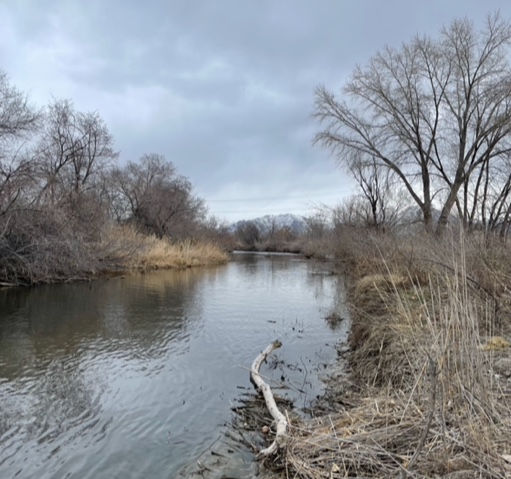#333 Can High Blood Pressure Cause Atrial Fibrillation?
 Dr. John Day
Dr. John DayDr. Day is a cardiologist specializing in heart rhythm abnormalities at St. Mark’s Hospital in Salt Lake City, Utah. He graduated from Johns Hopkins Medical School and completed his residency and fellowships in cardiology and cardiac electrophysiology at Stanford University. He is the former president of the Heart Rhythm Society and the Utah chapter of the American College of Cardiology. |

Can High Blood Pressure Cause Atrial Fibrillation?
Whenever I meet with newly diagnosed atrial fibrillation patients they always want to know why they got Afib. Sadly, one of reasons is usually something they haven’t given much thought to…their high blood pressure. Indeed, high blood pressure or hypertension is one of the main causes of atrial fibrillation.
How Does High Blood Pressure Cause Atrial Fibrillation?
Hypertension occurs when the force of a person’s blood against the walls of their arteries is high enough that it puts a person at risk of health problems. Within the heart, this means that, with every heartbeat, the heart is working harder to pump blood against a more forceful wall. And all of this strain on the heart can cause the heart muscle to thicken and enlarge, disrupting electrical pathways and causing AFib.
Indeed, of all of the factors that have been associated with atrial fibrillation, there may be none that is stronger than hypertension. High blood pressure is the most commonly encountered condition in AFib patients, and research has shown that it nearly doubles the risk of developing atrial fibrillation. Studies show that 90 percent of Americans are hypertensive by age 50 so it is little wonder why AFib is so common.
Does High Blood Pressure Have to be Part of the Aging Process?
Everyone goes on high blood pressure medications as they get older, right? It really doesn’t have to be this way. There is no rule that your blood pressure has to go up as you get older. In fact, among the those groups of people in the world still living an ancestral lifestyle, hypertension is very uncommon.
For example, among the centenarians living in southern China’s famed “Longevity Village,” that we described in our best-selling book The Longevity Plan, only 4% had high blood pressure. That’s a finding that is similar to studies of hunter-gatherers living in the Amazon rainforest or elsewhere in the world consistently show a natural blood pressure of about 110/70 that doesn’t increase much, if any, from age. Indeed, it appears from many studies that our genes are designed to keep our blood pressure naturally without the need for medication, in this 110/70 range as long as we don’t mess things up with our modern lifestyle.
A lean body weight, a mostly plant-based diet devoid of sugar and processed foods, daily physical exercise, rejuvenating sleep, and low perceived stress levels protected these people from the scourge of hypertension. It might seem like it’s impossible in a modern context to live as these people do, and that’s true, but the lessons that can be drawn from these elders are virtually endless, and your ability to apply these lessons to your own life are limited only by your imagination.
How Do You Keep Your Blood Pressure in the Normal Range without Medications?
If your goal is to keep your blood pressure as close to 110/70 without medications then it is very possible provided lifestyle changes are made before your blood pressure stays permanently high. In this article below, I describe 8 scientifically proven ways to lower your blood pressure naturally. Of course, never stop your blood pressure lowering medications without first speaking with your healthcare provider.
Dr. Day’s 8 Scientifically Proven Ways to Lower Your Blood Pressure Naturally
Did you like the photo attached to this article? It was taken while running along the Jordan River in Salt Lake City, Utah in early March.
Disclaimer Policy: This website is intended to give general information and does not provide medical advice. This website does not create a doctor-patient relationship between you and Dr. John Day. If you have a medical problem, immediately contact your healthcare provider. Information on this website is not intended to diagnose or treat any condition. Dr. John Day is not responsible for any losses, damages or claims that may result from your medical decisions.

